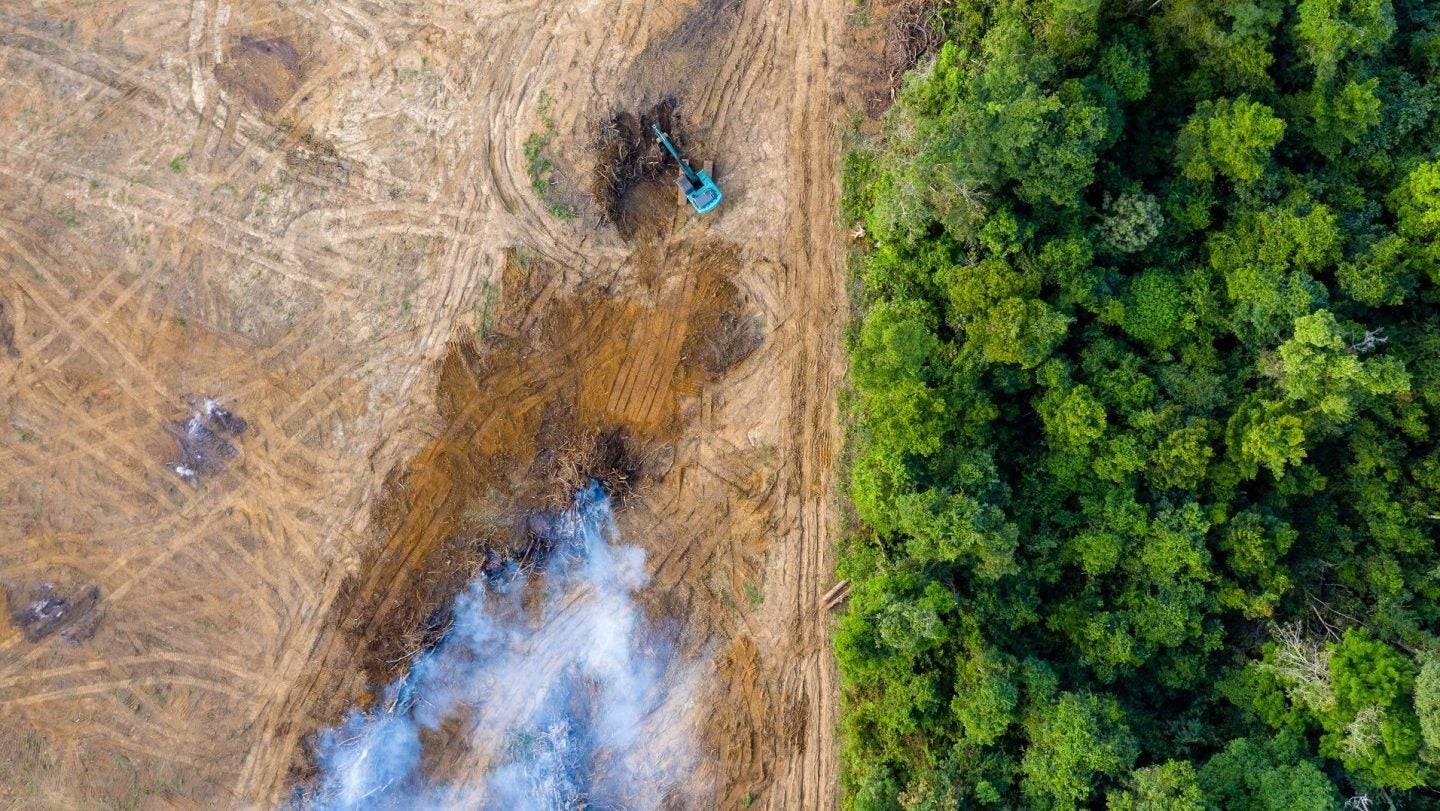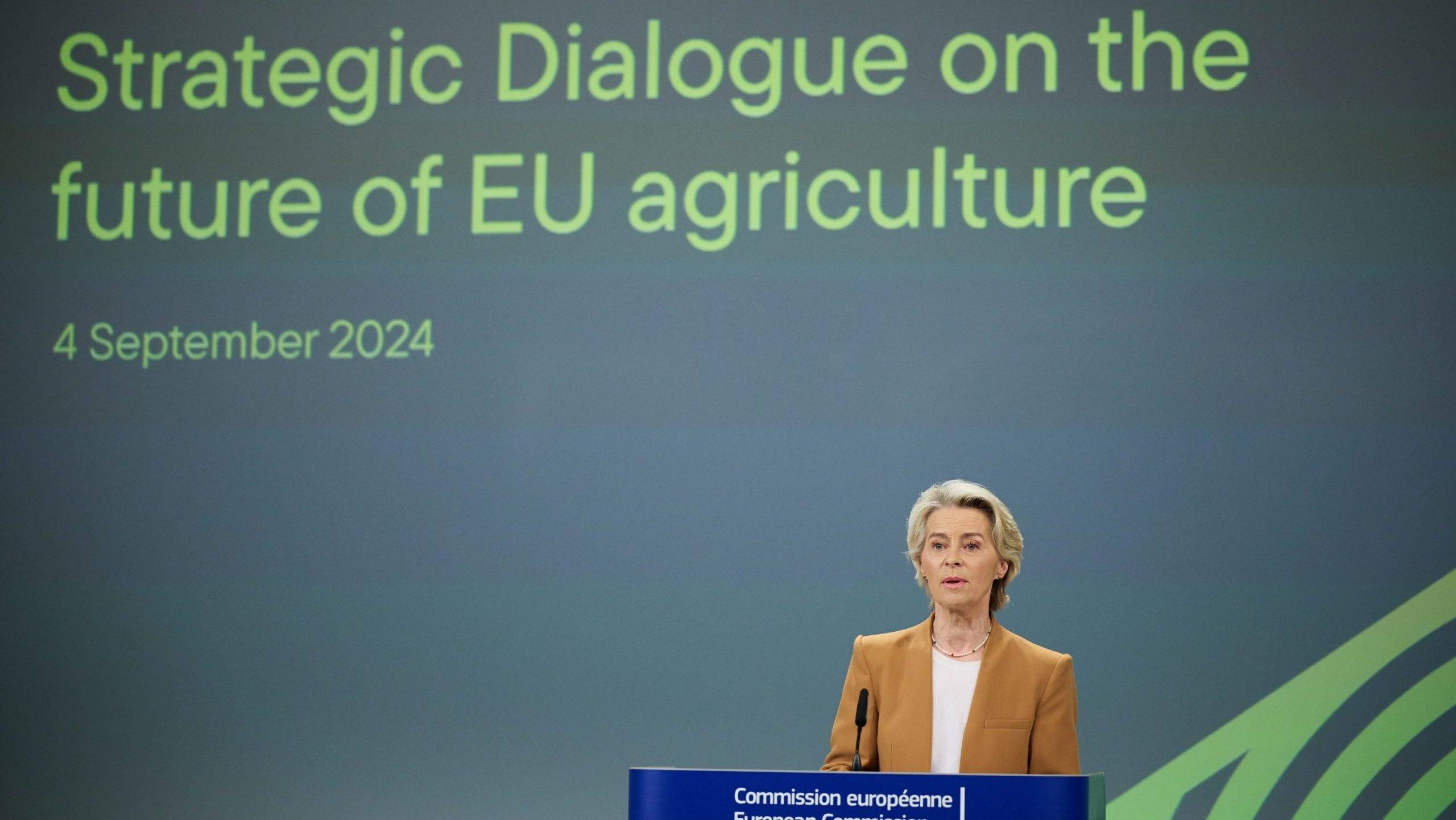EU Delays Deforestation Law: What It Means for Global Trade and Environmental Policies
The EU delays its deforestation law, giving companies more time to comply. Discover how this decision impacts global trade and environmental efforts.
Introduction: EU Deforestation Law Delayed
In response to mounting pressure from agri-food organizations and international partners, the European Commission (EC) has decided to delay the implementation of its highly anticipated EU Deforestation Regulation (EUDR). Originally set to take effect by the end of 2024, the EUDR aims to combat deforestation, reduce greenhouse gas emissions, and protect biodiversity. The new timeline provides large companies with an additional 12 months to comply, with small and micro-enterprises receiving an extension until 2026.
This article examines the reasons behind the delay, the reactions from various industries and environmental groups, and the potential impact on global trade and environmental policy.
What is the EU Deforestation Regulation?
The EU Deforestation Regulation (EUDR) is a landmark initiative aimed at ensuring that products imported and sold in the European Union do not contribute to deforestation. The law targets high-risk commodities such as cocoa, coffee, palm oil, soy, and timber. Companies trading in these goods will need to provide documentation proving that their supply chains are deforestation-free.
Initially announced in late 2021, the regulation was developed as part of the EU’s commitment to reducing its environmental footprint and addressing global climate change. However, as the 2024 deadline approached, stakeholders raised concerns about the law’s practicality and feasibility, leading to the recent delay.
The Push for a Delay: Industry and Government Concerns
Powerful agricultural and trade bodies, including Copa-Cogeca and the European Livestock and Meat Trading Union (UECBV), were among the first to raise alarms about the timeline for implementing the EUDR. In a co-signed letter, these organizations, along with other sectors like packaging and timber, argued that the timeframe for compliance was unrealistic.
International governments, particularly those in South-East Asia, also voiced their concerns. These countries, heavily reliant on exports of palm oil and timber, questioned how quickly they could align their national industries with the new regulations.
Additionally, the United States Department of Agriculture (USDA) and the U.S. Trade Representative expressed apprehension about how the law might impact U.S. producers who already practice sustainable production. The pressure from various global stakeholders was ultimately enough for the European Commission to announce a one-year extension, acknowledging that more time was needed to implement the complex law.
EU’s Decision to Delay: What Does it Mean?
On 2 October 2024, the European Commission announced the extension, giving large companies until 30 December 2025 and small enterprises until 30 June 2026 to fully comply. The EC stressed that this additional “phasing-in time” would allow businesses and governments to better prepare for the transition without compromising the core goals of the law.
The extension is accompanied by updated guidance documents to help industries understand the requirements more clearly. The EC also emphasized the importance of international cooperation in ensuring the successful adoption of the law across member states and third-party countries.
Despite the delay, the substance and objectives of the law remain unchanged. The goal is still to combat deforestation, but the extra time allows for smoother implementation, especially for smaller players in the global supply chain.
The Reaction: Mixed Responses from Industry and NGOs
The news of the delay was met with mixed reactions. On one hand, industry groups expressed relief. In their view, the delay provides much-needed breathing room to make the required adjustments to their supply chains without facing heavy penalties or business disruptions.
However, environmental NGOs were quick to criticize the postponement. Giulia Bondi, senior EU forests campaigner at Global Witness, stated that the delay undermines the urgency of protecting endangered forests and indigenous communities. She stressed that businesses opposing the law are mainly concerned with maintaining their profit margins at the expense of the environment.
Similarly, Nicole Polsterer, a sustainable consumption campaigner at Fern, argued that the delay threatens the integrity of the regulation. She noted that while many businesses need time to adjust, others are using this delay as a way to push back against the regulation altogether.
Impact on Global Trade
The EU’s decision to delay the EUDR implementation could have significant ripple effects on global trade. Here are some key areas to consider:
1. Agricultural Exports from Emerging Markets
Countries like Indonesia, Malaysia, and Brazil, which are major exporters of palm oil, soy, and timber, now have additional time to align their industries with the new regulations. However, the delay may also create uncertainty, as these countries could face challenges meeting the stricter EU standards.
2. Supply Chain Adjustments
The one-year delay gives companies time to reassess and reconfigure their supply chains. For businesses in food, beverage, and retail, this means ensuring that their products are ethically sourced and compliant with EU regulations. Failure to do so could lead to import bans or heavy penalties.
3. Impact on U.S. Producers
American exporters of agricultural products have expressed concerns about how the law will affect their trade with the EU. While the USDA has welcomed the delay, it remains to be seen how quickly U.S. producers can adjust to the new requirements without incurring additional costs or losing market access.
The Future of Environmental Policy in the EU
The EUDR delay also highlights the complexity of implementing global environmental policies. While the EU is pushing for stricter controls on deforestation, the reality is that such measures are difficult to enforce without strong international cooperation. Countries with vested economic interests in deforestation may continue to resist or push for further delays.
Moreover, as the EU strives to become a leader in sustainable trade practices, it faces the challenge of balancing environmental concerns with economic growth. The delay provides an opportunity to fine-tune the regulation but also risks giving businesses more time to lobby against its full enforcement.
Conclusion: A Step Back or a Step Forward?
The delay in implementing the EU Deforestation Regulation reflects the challenges of achieving global sustainability goals. While industries now have more time to prepare, environmentalists fear that this delay could weaken the law’s impact and hinder efforts to combat deforestation. The next 12 months will be crucial for businesses, policymakers, and environmental advocates to collaborate and ensure that the law is implemented smoothly, without further setbacks.
The EU must navigate this period carefully, balancing the need for environmental protection with the practical realities of global trade. The ultimate success of the EUDR will depend on the ability of all stakeholders to come together and make deforestation-free supply chains a reality.



